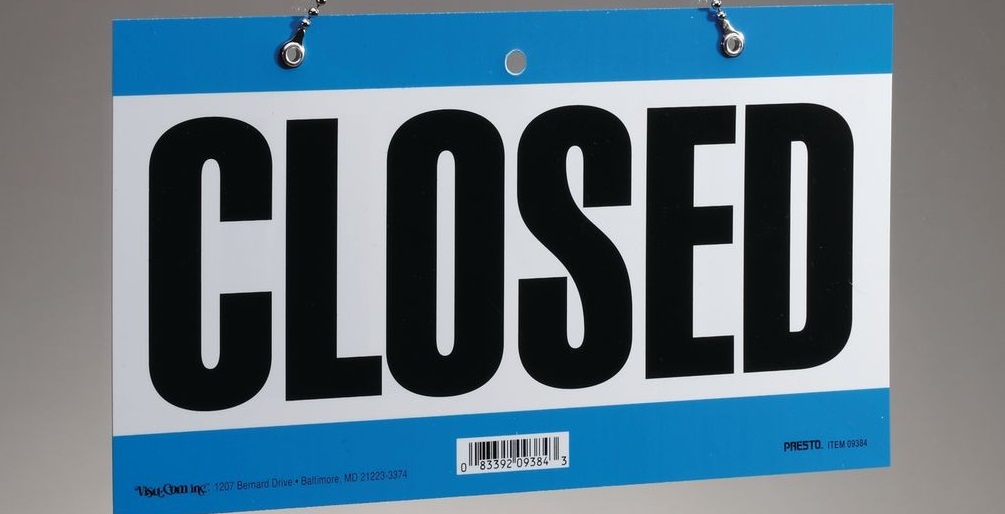For over 100 years, Ohioans have had the right to gather hundreds of thousands of signatures, place a constitutional amendment on the ballot, and pass it into law. That’s the power of the people.
But now, two Ohio politicians are trying to take this right away.
While you and your family prepare for the holidays, Secretary of State Frank LaRose and State Rep Brian Stewart are trying to pass HJR 6.
Under HJR 6, Ohioans who gather signatures and place an amendment on the ballot would need to win a supermajority (60%) of statewide votes for their amendment to become law.
That means just 41% of voters could block what the majority of voters want. Ohio would be run by minority rule.
We believe the people of Ohio should have the final say, not lobbyists and politicians. If you agree, take action to help stop this attack on your freedoms.
1.) Testify in-person against HJR 6. Click here for info on how to testify in-person.
2.) Submit written-only testimony against HJR 6. Click here for info on how to submit written-only testimony.
3.) Tell these officials to respect your right to pass citizen-led ballot initiatives. DO NOT LET HJR 6 pass:
- Email key Ohio legislators
- Call House Government Oversight Committee Chair Shane Wilkin: 614-466-3506
- Call House Speaker Bob Cupp: 614-466-9624
- Call Senate President Matt Huffman: 614-466-7584
Every action you take helps defend Ohioans’ freedoms.


 Overview
Senate Bill 329, a little-noticed bill rushed through the recent lame duck session, could have disastrous consequences if allowed to become law. Without a veto from Governor Kasich, SB 329 would effectively allow for the dissolution of state government departments, potentially throwing thousands out of work and open the door to privatization, while threatening the effective continuation of public services and programs that provide for the state’s economic vitality and competitiveness.
How it Would Work
Under SB329, Gubernatorial Departments would be required to make an affirmative case every four years to justify their continued existence, involving a time- and resource-intensive process. Agencies would be required to review and report on the legal justification of rules and procedures, potential for privatization, conduct a multi-year analysis of cost effectiveness, and benchmark all regulations against other states.
Creates Chaos Not Reform
Overview
Senate Bill 329, a little-noticed bill rushed through the recent lame duck session, could have disastrous consequences if allowed to become law. Without a veto from Governor Kasich, SB 329 would effectively allow for the dissolution of state government departments, potentially throwing thousands out of work and open the door to privatization, while threatening the effective continuation of public services and programs that provide for the state’s economic vitality and competitiveness.
How it Would Work
Under SB329, Gubernatorial Departments would be required to make an affirmative case every four years to justify their continued existence, involving a time- and resource-intensive process. Agencies would be required to review and report on the legal justification of rules and procedures, potential for privatization, conduct a multi-year analysis of cost effectiveness, and benchmark all regulations against other states.
Creates Chaos Not Reform

